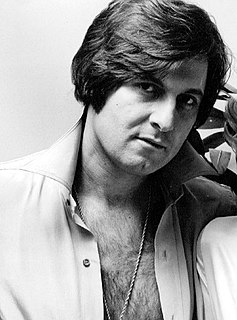A Quote by Ivy Compton-Burnett
Duty is seldom liked either by the doer or the object ... And why should it be? It is not often of advantage to either.
Related Quotes
My own beliefs are that the road to a scientific discovery is seldom direct and that it does not necessarily require great expertise. In fact, I am convinced that often a newcomer to a field has a great advantage because he is ignorant and does not know all the complicated reasons why a particular experiment should not be attempted.
Great merit or great failings will make you respected or despised; but trifles, little attentions, mere nothings, either done or neglected, will make you either liked or disliked, in the general run of the world. Examine yourself, why you like such and such people and dislike such and such others; and you will find that those different sentiments proceed from very slight causes.







































